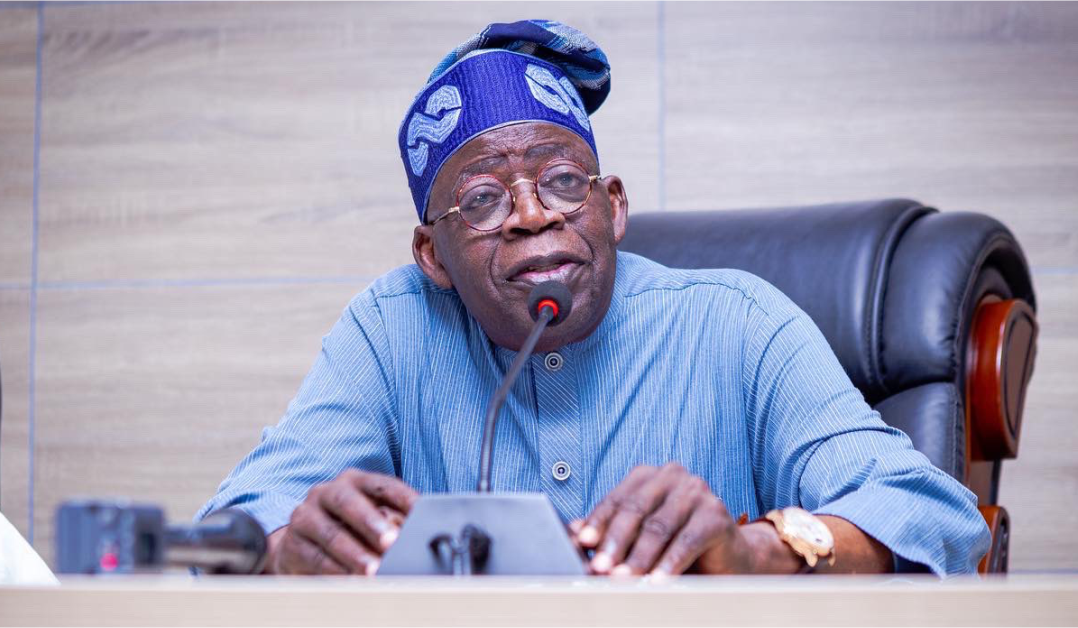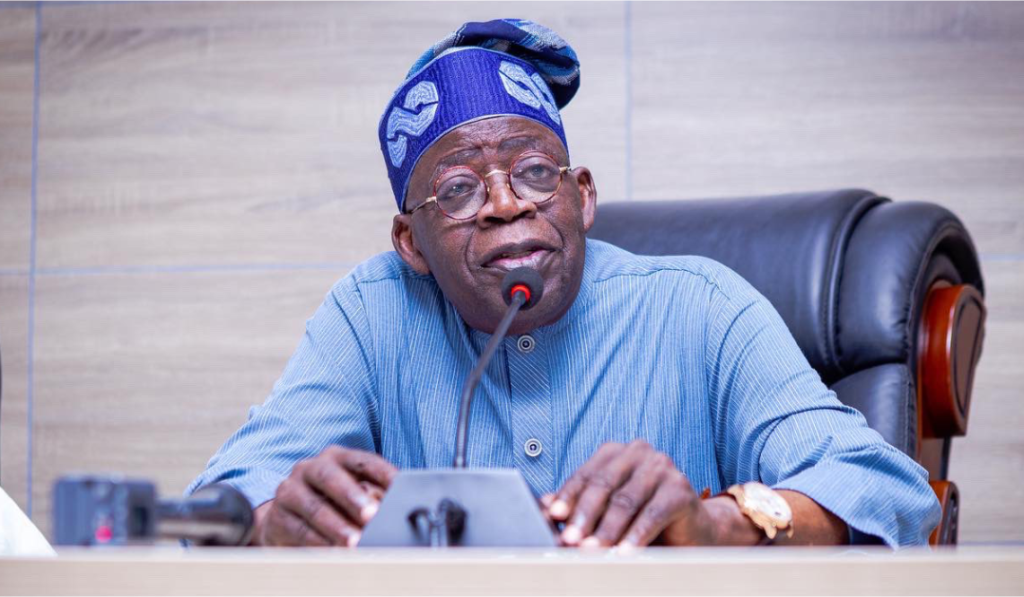
President Bola Tinubu has assured that his administration will complete the permanent site of the National Defence College (NDC) to enable it to continue to offer strategic training for the Nigerian military, paramilitary organisations and allied nations.
Tinubu gave the assurance at the graduation of 99 participants of Course 33, held at the college in Abuja on Friday.
The participants of NDC Course 33 comprised 25 officers from the Nigerian Army, 16 from the Nigerian Navy, 12 from the Nigerian Air Force, five from the Nigeria Police Force, 18 from ministries, departments, and agencies, as well as 23 international participants
Represented by the Vice President Kashim Shettima, Tinubu said that when fully equipped, the college would evolve into a Defence Postgraduate University.
He said that he has directed the Commandant of the college to work closely with the Minister of Defence to develop a clear strategy to upgrade the facilities.
Tinubu said, “While the government explores further interventions to enhance the infrastructure.
“I have been briefed on the state of infrastructure at the permanent site in Piwoyi. While progress has been made, much remains to be done.
“I assure you that this administration is committed to completing the permanent site, to ensure that the College continues to deliver strategic training not only for Nigeria but also for allied nations.”
The President urged the graduatant to be worthy ambassadors of the college, uphold its motto, which speaks of Excellence, Courage, Patriotism, and Integrity.
According to him, those values lie at the compass for a successful career.
“To our friends from other nations, I encourage you to sustain the friendships you have built in Nigeria, and to let them grow into bridges of cooperation and solidarity between your nations and ours,” he said.
Tinubu noted that the college represents the finest expression of the country’s commitment to building human capital in areas critical to national survival.
He commended the college Commandant, the Management Team, and the Faculty for their dedication to grooming “this distinguished set of strategic leaders for our Armed Forces, for Ministries, Departments and Agencies.
The President said, “And for the friendly nations represented on this course. I also salute the dignitaries and friends of the college whose presence here today adds dignity to this occasion.
“To the participants of Course 33, I extend my heartfelt congratulations. I am well aware of the rigour and intensity of your 48 weeks of study, and the resilience it required.
“To emerge today as fellows of this great institution is an accomplishment of which you must be deeply proud. We are gathered here to honour your commitment, your endurance, and your devotion to a worthy cause.
“I have directed that relevant stakeholders study your recommendations and harvest the strategies you proposed, because strengthening indigenous manufacturing is indispensable to our nation’s security and development.”
The Commandant of the College, Rear Adm. James Okosun, said the participants had been equipped with the requisite knowledge and skills to address complex security and developmental challenges.
He said the training was delivered through a comprehensive curriculum of nine modules, covering areas such as research methodology, science and technology, policy analysis, strategic leadership development, and crisis simulation.
He said that the curriculum combined lectures, seminars, simulations, study tours, and research work, while Course 33 focused on the overarching theme: “National Security and Development in Nigeria.”
Okosun explained that the higher management of the defence module featured national crisis simulations and critical reviews of current defence and security policies.
He said, “This year’s exercise examined issues such as banditry in the North-West, separatist agitation in the southeast and oil theft in the Niger Delta.
“The participants were also trained in public speaking, strategic assessments, and policy implementation.
“We are confident that they are well prepared to offer implementable solutions to national, regional and global challenges.”
Okosun noted that, in addition to their individual research projects, the participants jointly produced a group research paper titled ‘Connecting Indigenous Manufacturing for National Security and Development: Strategic Options for Nigeria by 2040.’
He said the paper, which contained actionable recommendations, had been presented to relevant decision-making authorities, while participants from the military, police, and other services also developed research tailored to their respective chiefs.
According to him, key findings and recommendations from the study tours were formally transmitted to Ministries, Departments and Agencies (MDAs) for policy review and improved service delivery.




